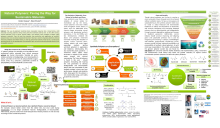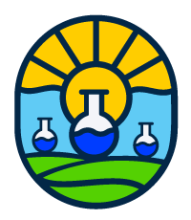Study of the Interactions Between Microbial Communities and Clay Minerals in Contaminated Environments: Implications for Bioremediation Processes
The Reconquista River, the second most polluted river in Argentina, accumulates large amounts of organic matter and persistent toxic pollutants in its sediments. These conditions drive the selection of microorganisms with the potential to degrade contaminants and facilitate bioremediation. Notably, these microorganisms form biofilms on clay minerals, enabling them to survive under extreme conditions and alter the properties of the sediments.


